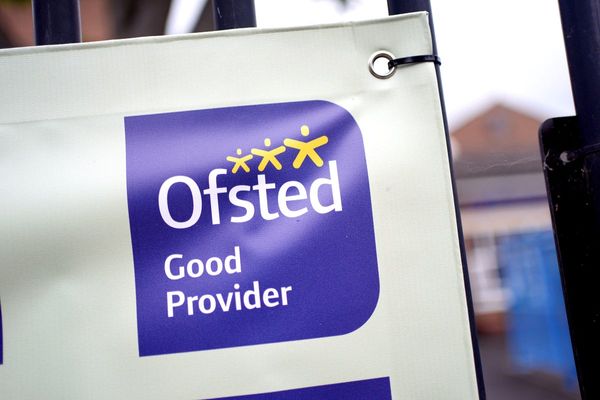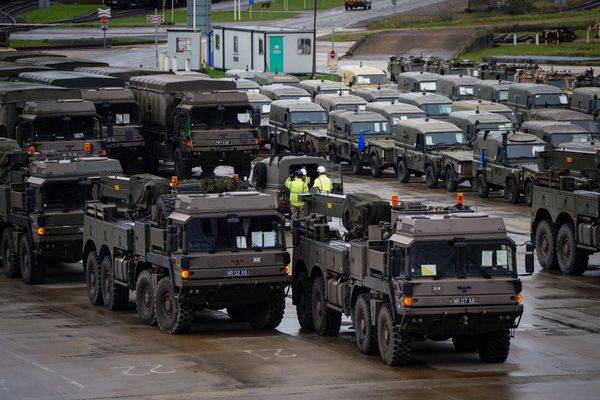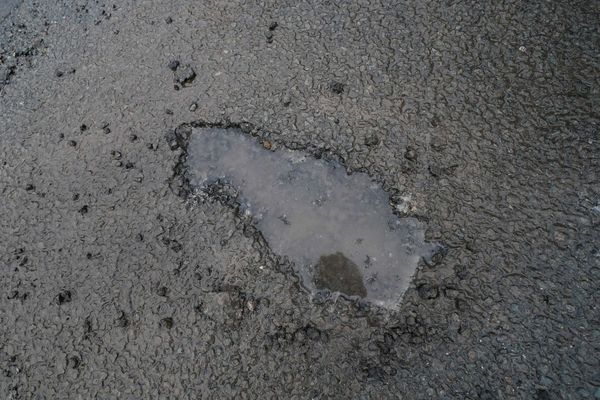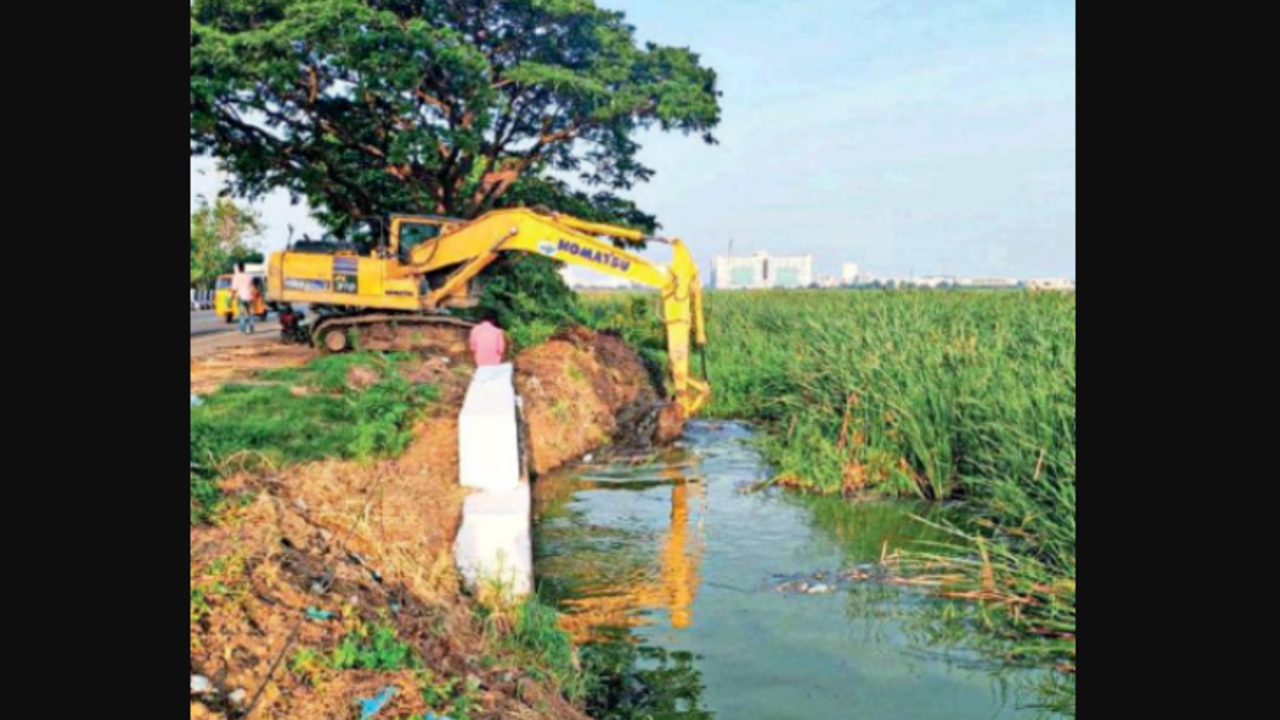
CHENNAI: The state highways department has identified 41 flood-prone zones along arterial roads in Chennai city and has deployed 20 special teams to continuously monitor water logging on these stretches. The teams are equipped with diesel pumps, earthmovers and mini-trucks, and will work round-the-clock in shifts this monsoon season, said state highways minister E V Velu.
"Besides this, remedial measures will be taken up at such vulnerable spots on key stretches this week," said a senior official from the department.
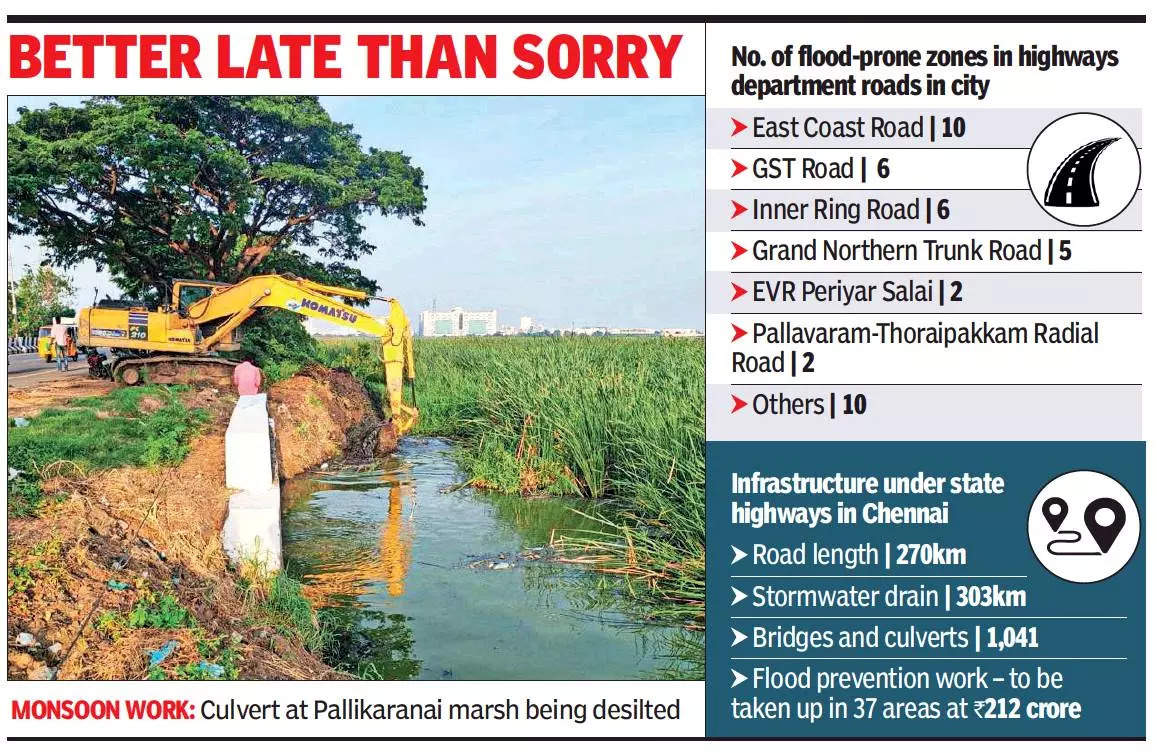
This includes spots at Grand Southern Trunk (GST) Road, EVR Periyar Salai, Inner Ring Road, Mount-Medavakkam Road, Madipakkam-Tambaram Road and East Coast Road (ECR).
The official added that mitigation works completed at two such flood-prone zones along Poonamalle High Road earlier this year were effective and that there is no excess water logging there.
At present, flood mitigation work is underway near the police commissioner's office at Vepery. The department is in the process of setting up three culverts at an estimated cost of 1 crore to prevent inundation at the spot, said minister Velu.
Two other contracts have been finalised. Overall, the highways department will be spending around 212 crore for work at 37 spots, including on stormwater drains and minor bridges across the city. The department maintains a SWD network for a length of 303km and 1,041 minor and major bridges, according to official data.
V Bharadwaj, a resident of Pallikaranai, said the government should have completed such mitigation work before the rainy season. "But without clearing the encroachments on water channels, they will not be able to find a permanent solution," he added.
For instance, the highways department is yet to remove squatters from the GST Road and widen the railway culverts. The culverts, built by the British, are now used to carry utility cable lines blocking the run-off, Bharadwaj explained.
D Ezhilarasan, a resident-activist from Egmore, seconded him. "Blocking road traffic to facilitate such work now is causing so much inconvenience to the public," said Ezhilarasan. Traffic diversions have worsened vehicle congestion, particularly during the peak hours, at the junction connecting Egmore Railway Station with Chennai Central, he added. On an average, it takes 15 to 20 minutes to cross the 1-km stretch.


